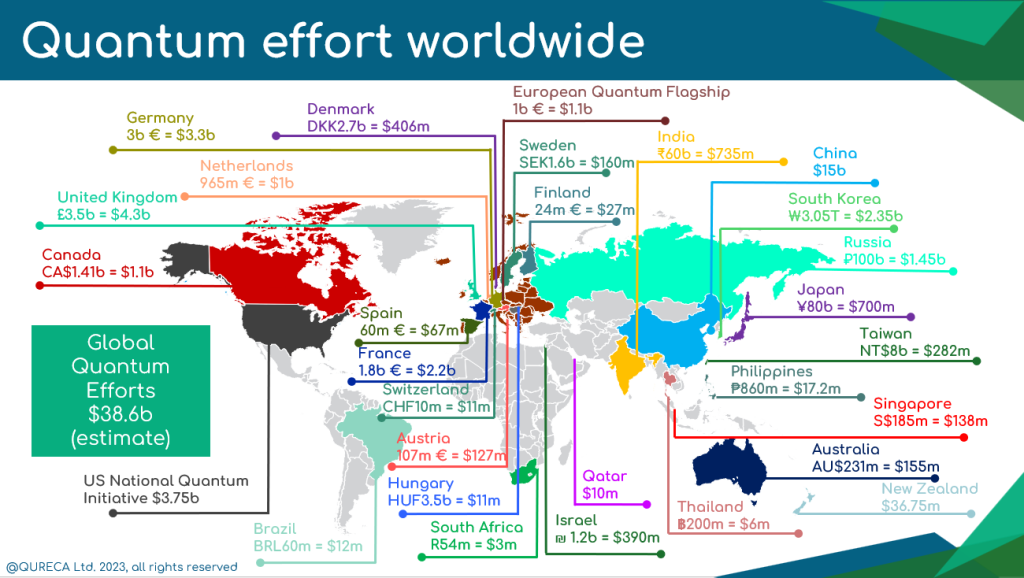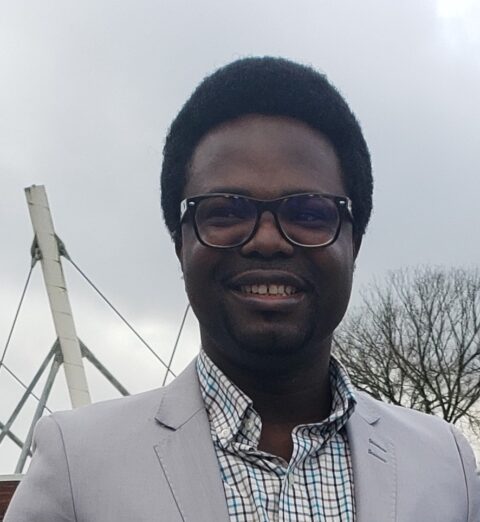There was a time when African worldviews were dismissed as primitive but as scientific understanding progresses, many previously accepted truths are challenged. True scientists now recognise that some issues transcend conventional logic. Enter African modes of thought, long marginalized and overlooked. Though mainstream discourse still hesitates to acknowledge Africa’s intellectual heritage, the shift from Classical to Quantum thought offers Africans a new trajectory, affording them yet unknown hands in addressing global issues.

Now, when I say Quantum, I’m not referring to ikhwantamu magents! But let’s make it simple. Imagine you’re used to thinking about things as either black or white, up or down, yes or no, on or off. That’s how traditional thinking works, right? Well, Quantum thinking is like saying, “Hey, what if things could be both black and white at the same time, or neither?” Unlike classical Western philosophy, which came about during the ancient Greek civilisation, Quantum thought is a way of looking at the world that’s not so, er — basic.
In Quantum physics, which is a fancy way of talking about how tiny particles behave, things can be in multiple states at once until you look at them and make them pick one. It’s like Schrödinger’s cat: it’s both alive and dead until you open the box and check. So, when people talk about “Quantum anything,” whether it’s Quantum computing or Quantum thinking, they’re talking about embracing this unknown. It’s about accepting complexity and considering various perspectives to find better solutions, just like “thinking outside the box.”
Yes, Quantum technology has the power to revolutionize sectors like healthcare, finance, and agriculture in Africa. It can enhance medical diagnoses, precision agriculture, and financial operations. Accessing these benefits requires significant investment in research and workforce development to overcome challenges like funding shortages and skill gaps. But instead of waiting for the funding that will provide the Quantum technology that’ll lead to economic growth and societal advancement, we could start with Quantum thought.


In his Medium article Quantum Thinking — A New Mental Superpower, As Explained by Huge Nerds (2017), Christian Keil uses Nick Szabo’s insights to translate complex concepts into practical applications, calling Quantum thinking a mental superpower, essential for navigating today’s complex world effectively. On his website, Chidi Ameke, a business author and speaker, provides insights to help individuals leverage Quantum-inspired thinking for both personal and professional growth.
Decoding Quantum Thinking: What it Feels Like to Think Free (2019) discusses how Quantum thinking differs from binary thinking and its potential applications in entrepreneurship and innovation. The connection between human consciousness and Quantum physics is also explored, touching on theories by researchers like Sir Roger Penrose and Dr. Dirk K.F. Meijer.
And while it’s interesting to monitor global developments on the matter, what’s most thrilling is seeing what’s being done on the continent and her Diaspora. While Africa lacks full-blown Quantum computing facilities due to cost constraints, sectors like finance and healthcare will eventually have no choice but to implement protocols to safeguard against future Quantum threats. Last month, a Forbes article discussed the potential impact of Quantum computing on cybersecurity in Africa.
The pace of adoption may be slow but the emergence of networks like Blacks in Quantum further underscores Africa’s rising involvement in quantum science. And as mentioned above, you need not be a scientist to engage in Quantum thought. Incidentally, Black Quantum Futurism (BQF) is a creative collective and theoretical framework developed by Moor Mother and Rasheedah Phillips, two queer Black women from Philadelphia, focusing on Afrofuturist concepts and methodologies.


In a World Economic Forum article titled Why Africa must be ready to take the Quantum leap (2019) Africa’s need to prepare for Quantum computing’s impact was highlighted. The piece explained how Quantum computers, based on Quantum mechanics, can solve exponentially complex problems and highlighted potential benefits for genetics, medicine, and SKA telescope data processing, taking into consideration Africa’s talent and initiatives, such as IBM’s Qiskit Camp, designed to advance Quantum research locally.
In the global pursuit of quantum supremacy, Africa, particularly South Africa, is taking advantage of quantum computing research, despite infrastructure challenges. For example, Dr Yaseera Ismail’s UKZN research on quantum entanglement, focusing on its impact on optical communication, explored methods to correct coupling inefficiency caused by atmospheric turbulence. The paper Quantum technology: A potential tool for development in Africa (2021) discusses Africa’s historical lag in Quantum technology revolutions and proposes the Quantum Technology for Development (QT4D) framework to bridge this gap.
Quantum research in South Africa is at an all-time high, poised to drive economic growth across sectors like space communications, finance, drug development, and material science. The transition from classical to Quantum thought fosters critical reflection, problem-solving skills, and new avenues for inquiry. Through funding initiatives, community programmes and open exchange in Quantum thought, African youth could begin to transcend conventional systems and fathom the true essence of human consciousness.



















































